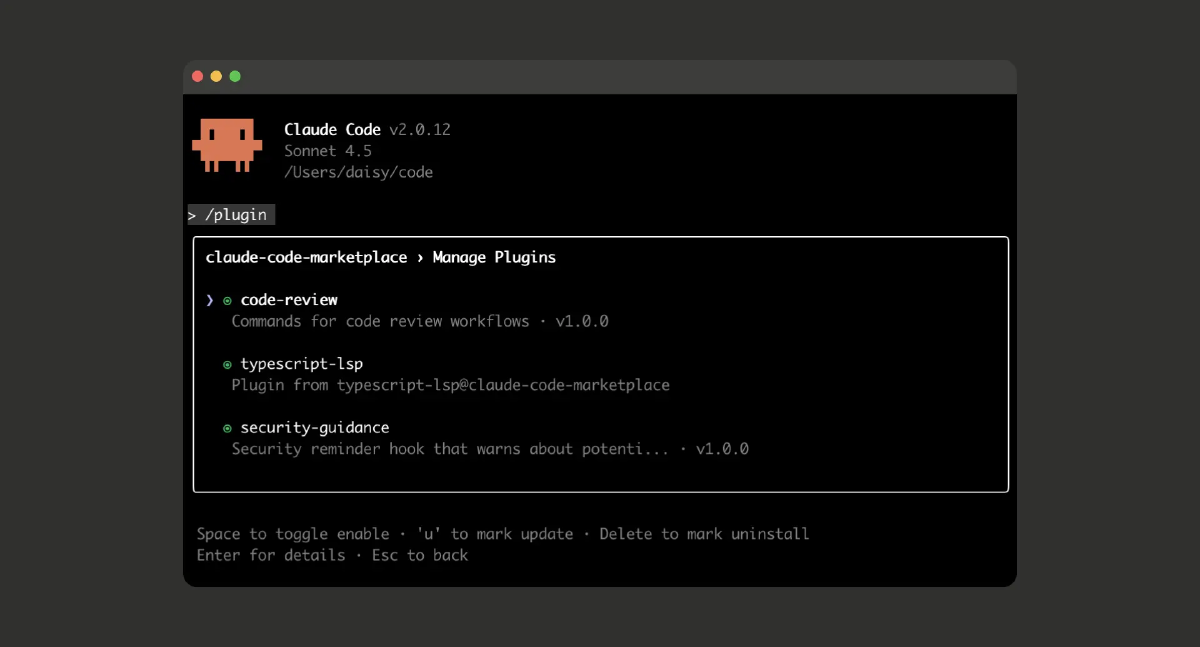Anthropic just cracked open Claude Code with a plugin system, and the community is already running wild with it.
As of October 9, Claude Code supports plugins that bundle slash commands, subagents, MCP servers, and hooks into single-command installations. Toggle them on when you need specific capabilities, off when you don’t. Simple, modular, powerful.
The timing matters. For months, Claude Code users have been building increasingly sophisticated custom setups. Now they can share them. Install a plugin with /plugin install feature-dev and suddenly your entire dev environment inherits someone else’s best practices, debugging workflows, or deployment pipelines.
Community marketplaces are already popping up. Engineer Dan Ávila assembled a collection for DevOps automation, documentation generation, and testing suites. Seth Hobson curated over 80 specialized subagents in a single repository. Anyone with a GitHub repo can host a marketplace. The barrier to sharing is basically zero.
The use cases write themselves. Engineering teams can enforce code review standards across everyone’s environment. Open source maintainers can distribute correct usage patterns for their packages. Framework authors can bundle the entire configuration stack their users need.
Anthropic provides example plugins for PR reviews, security guidance, and even a meta-plugin for creating new plugins. Because of course they did.
This is bigger than just another feature release. By making customization shareable and discoverable, Anthropic turned Claude Code from a tool into a platform. The plugin system isn’t locked down or centralized. Anyone can build, anyone can host, anyone can distribute.
The Real Innovation#
Here’s what actually matters: Anthropic didn’t try to build every possible Claude Code extension themselves. They built the infrastructure for other people to do it, then got out of the way.
In an industry obsessed with control and walled gardens, there’s something quietly radical about making the extension system this open. The best development tools have always been the ones people can bend to their specific needs. By enabling that, Anthropic isn’t just building software. They’re building an ecosystem.
The question isn’t whether plugins will take off. Based on what’s already emerged in the first days, that question is answered. The question is what the community builds next.


